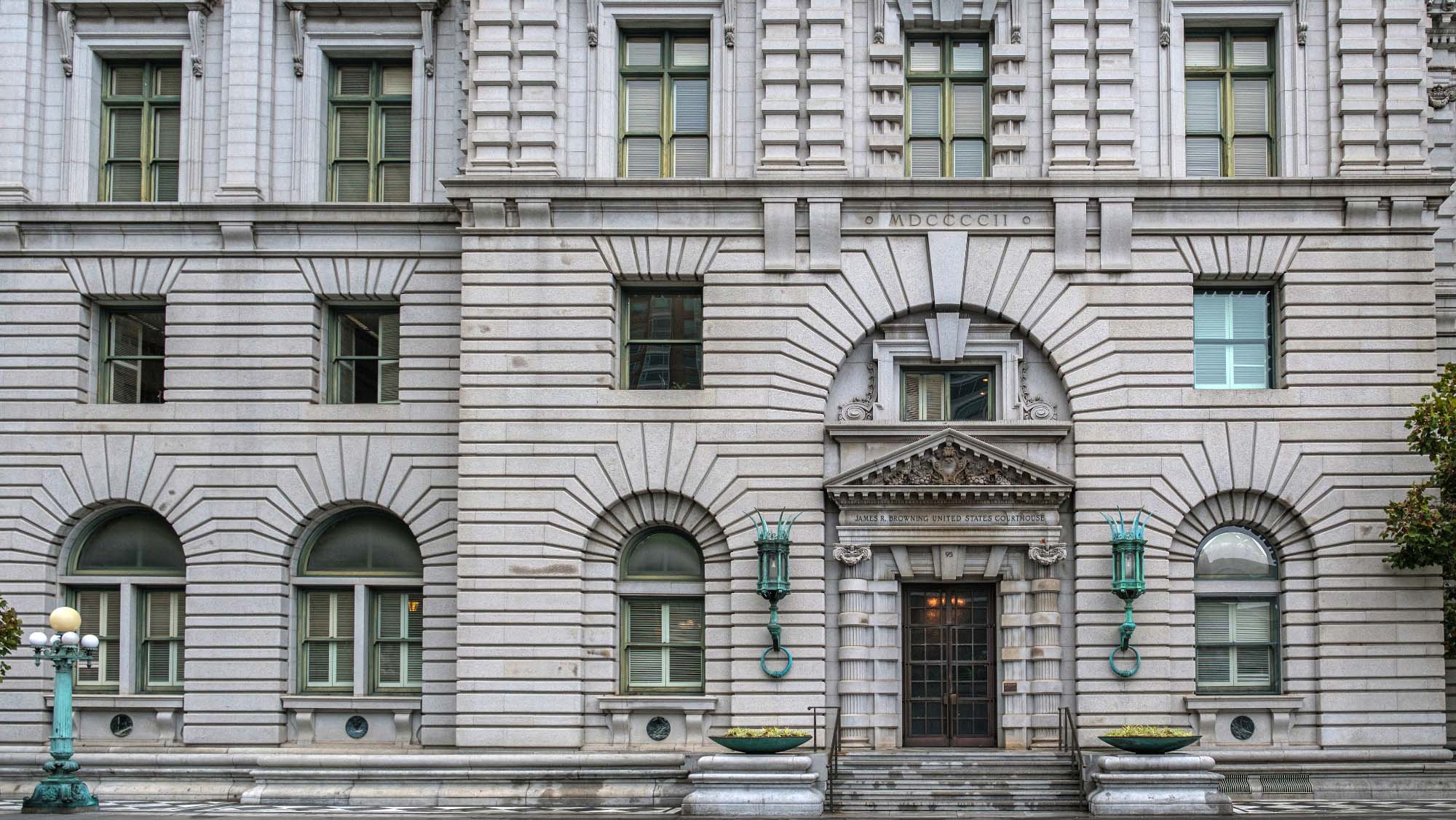By Gary A. Watt (Retired)
May 23, 2018
While Code of Civil Procedure section 425.16 is alive and well in state courts, the statute may be on its way out in federal diversity cases in the Ninth Circuit. A very recent opinion from that court calls for en banc review, ostensibly to rule that no immediate appeal is available from the denial of an anti-SLAPP motion. But as anyone familiar with the Ninth Circuit’s treatment of California’s anti-SLAPP statute knows, there is a movement afoot to rule that this creature of state procedure has…
By Arezoo Jamshidi and Patrick Burns
April 24, 2018
The recent decision of the California Court of Appeal, Second District in Saheli v. White Memorial Medical Center (2018) 21 Cal.App.5th 308, proves again the point that what is stated in your contractual arbitration clause matters. While it may seem axiomatic that words matter, in reality business law scribes generally spend less time on crafting arbitration clauses than the business terms of an agreement. In Saheli, the court proved this point by closely examining the language of an arbitration…
By Adam W. Hofmann
March 29, 2018
As the California Supreme Court has recognized, amici curiae can play a “valuable role” in litigation. ( Connerly v. State Personnel Board (2006) 37 Cal.4th 1169, 1177.) “[B]ecause they are nonparties who often have a different perspective from the principal litigants[,]” their arguments “enrich[ ] the judicial decision-making process.” ( Ibid.) Amicus filings are on the rise, and not just in the U.S. Supreme Court. However, with this increased volume has come an increased number of unhelpful…
By Josephine K. Petrick
February 15, 2018
The California Rules of Court allow superior courts to use a tentative ruling procedure in law and motion matters. (See CRC 3.1308.) Many attorneys assume that they must contest an adverse tentative ruling to preserve their objections for appeal. While there may be good reasons to contest, it is not necessarily mandatory. It is not “invited error” to submit on a tentative ruling. ( Mundy v. Lenc (2012) 203 Cal.App.4th 1401 (” Mundy”); see Jon B. Eisenberg et al., California Practice Guide: Civil…
By Gary A. Watt (Retired)
January 30, 2018
The ability to launch a preemptive strike against suits attacking speech or petitioning rights shouldn’t depend on which federal circuit has jurisdiction over the district court action. Yet that is how it stands right now when it comes to state law anti-SLAPP statutes deployed in federal diversity actions. At some point the United States Supreme Court will need to resolve the circuit split. As it stands, the First, Fifth, and Ninth Circuits have allowed anti-SLAPP motions to be brought in…
By Adam W. Hofmann
December 28, 2017
On Monday, December 4, 2017, the California Supreme Court issued its decision in City of San Buenaventura v. United Water Conservation District. The case partially resolved a long-running dispute regarding the validity of fees the United Water Conservation District charges all groundwater pumpers in its jurisdiction. While this case has been followed most closely in the community of water-rate nerds (myself included), there are broader impacts on government revenue and constitutional…
By Josephine K. Petrick
November 6, 2017
In the Roman Republic, the right to appeal ( provocatio, as in “provocation”) from a magistrate’s summary use of power was regarded as one of the most important safeguards of liberty. The democratic force of the right to appeal survives today. (See, e.g., Griffin v. Illinois (1956) 351 U.S. 12, 18; Cassandra Burke Robertson, The Right to Appeal (2013), 91 N.C. L. Rev. 1219.) Indeed, it is often said that everything may be reviewed on appeal, but as in almost every aspect of law, there is an…
By Gary A. Watt (Retired)
October 18, 2017
I’ve been watching the ripple effects of People v. Sanchez (2016) 63 Cal.4th 665, which has been labeled “a paradigm shift” regarding out-of-court statements and expert testimony under California hearsay law. ( People v. Ochoa, 7 Cal. App. 5th 575, 588 (2017).) Sanchez boils down to the difference between an expert relying on hearsay case-specific facts (which has always been permissible) and an expert relating those facts to the jury (which Sanchez now prohibits unless the hearsay problem is…
By Gary A. Watt (Retired)
September 14, 2017
In People v. Sanchez (2016) 63 Cal.4th 665, the California Supreme Court held that expert testimony involving case-specific facts is subject to exclusion as hearsay—just like any other testimony. In so holding, the Court overruled its prior decisions, including People v. Montiel (1993) 5 Cal.4th 877, which permitted courts wide latitude in allowing experts to base their opinions on case-specific facts that are hearsay. Montiel’s relaxed approach rested upon the use of limiting instructions…
Winning on appeal can sometimes spawn further litigation, including the launching of a malicious prosecution action. Indeed, if your client has prevailed in defeating a Uniform Trade Secrets Act (“UTSA”) case, been awarded attorney fees because the trial court found that action was brought in bad faith by the former employer, and the trial court’s decision upheld on appeal, malicious prosecution jumps out as the next logical step, right? Maybe not. According to the California Supreme Court’s…















